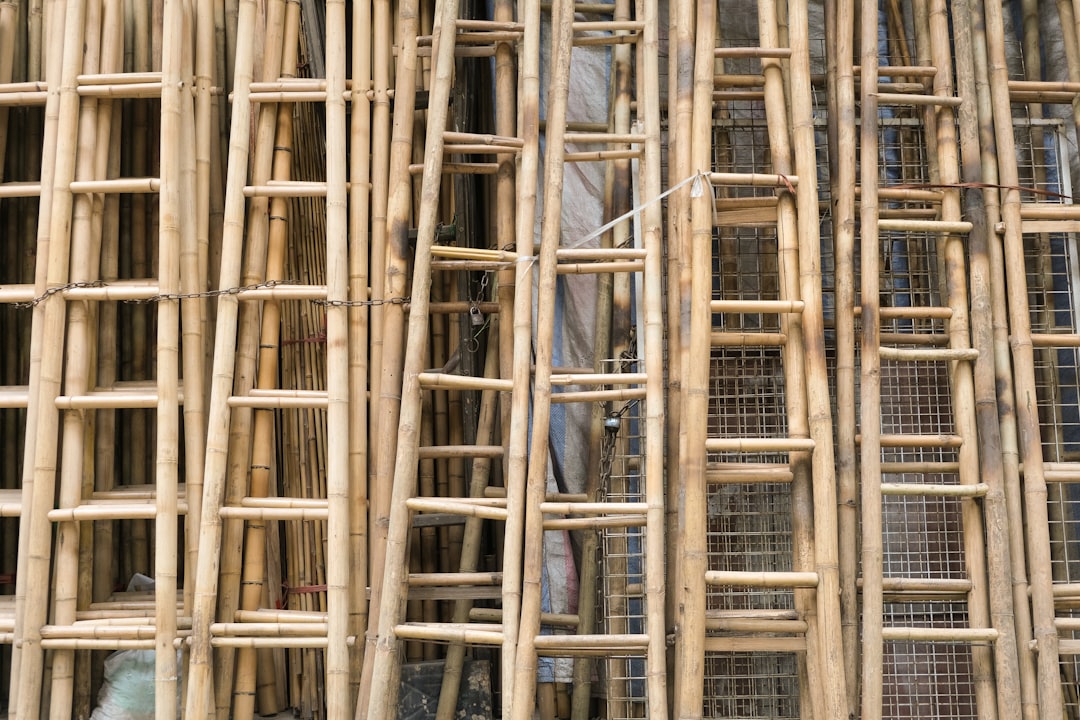
Understanding the costs associated with bamboo flooring is crucial for construction professionals. Accurate estimates ensure projects stay within budget and on schedule. CountBricks leverages AI technology to provide precise estimates, factoring in real-time material costs and local labor rates.
Material Grade and Style
Bamboo flooring options range from basic to premium. CountBricks offers over 120 SKUs, ensuring the right fit for your project without inflating costs.
Square Footage and Layout Complexity
Room layouts affect pricing. Our AI calculates total square footage and waste allowance efficiently.
Subfloor Preparation
Preparation costs vary based on subfloor conditions. CountBricks highlights necessary tasks for accurate estimates.
Installation Method
Each method impacts labor and material costs. CountBricks applies current trade rates for accuracy.
Materials – SKU, description, unit price, quantity, waste factor, extended cost
Labor – Task description, crew type, hours, hourly rate, extended cost
Equipment & Consumables – Rollers, nailers, adhesives, protective gear
Project Timeline – Day-by-day breakdown
Optional Upgrades – Acoustic underlayment, custom vents
CountBricks updates these figures daily to reflect market changes.
The Ortega family used CountBricks for their 2,100 sq. ft. home, achieving cost efficiency and timely completion. View more at CountBricks.com.
CountBricks streamlines the process from estimate to invoice, reducing administrative tasks and enhancing project efficiency.
Visit CountBricks.com to begin your bamboo flooring project estimate today.

Maximize the success of your bamboo flooring projects with CountBricks. Our platform refines every variable for optimal value.
Ensure proper moisture management to prevent future issues. CountBricks includes ASTM F2170 testing as a standard line item.
Our AI adjusts waste factors based on room geometry, saving materials and costs.
Quickly adapt to changes with CountBricks' instant recalculations and digital change orders.
Track project performance and refine future bids with CountBricks' analytics dashboard.
Explore more at CountBricks.com and see why professionals trust us for accurate estimates.